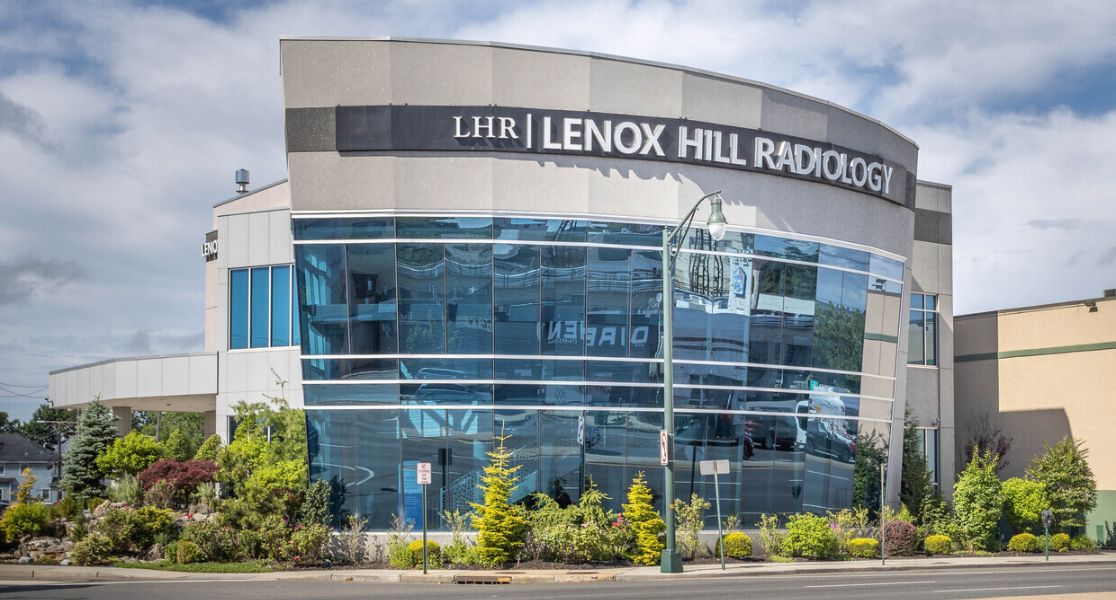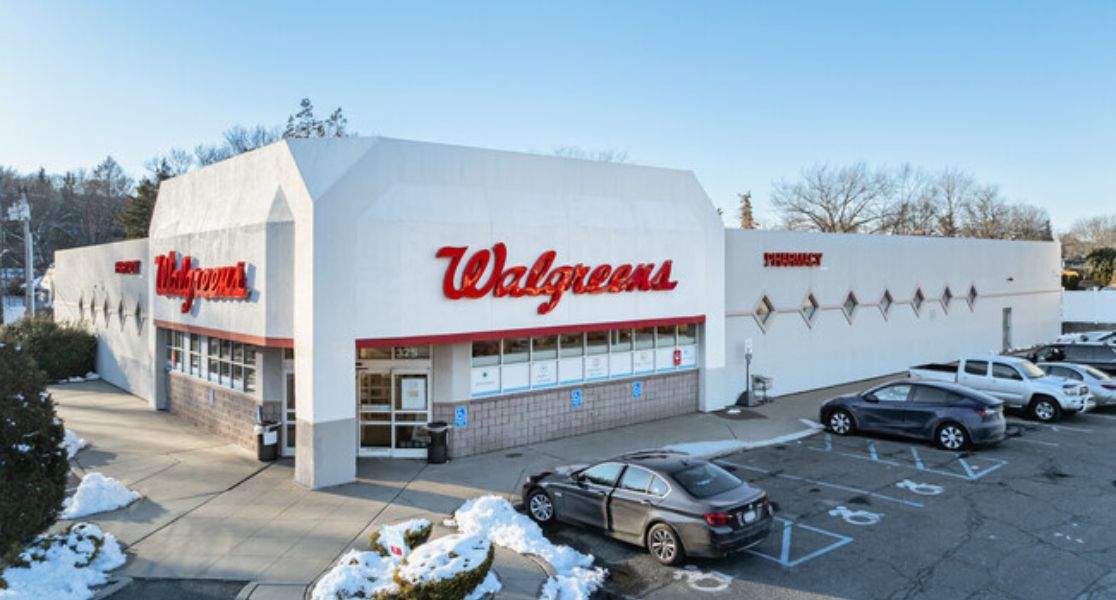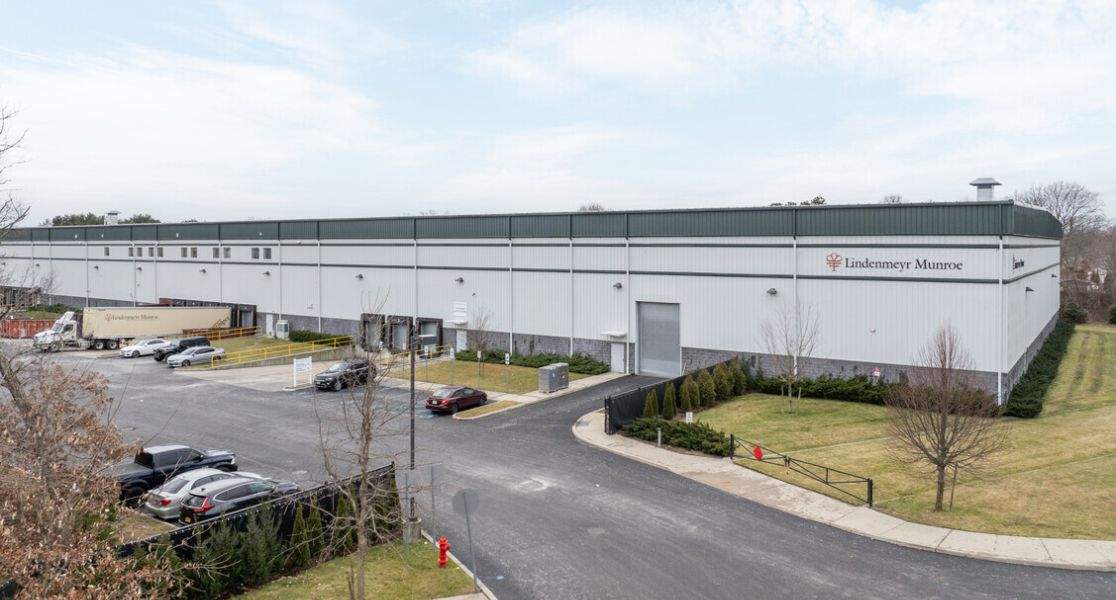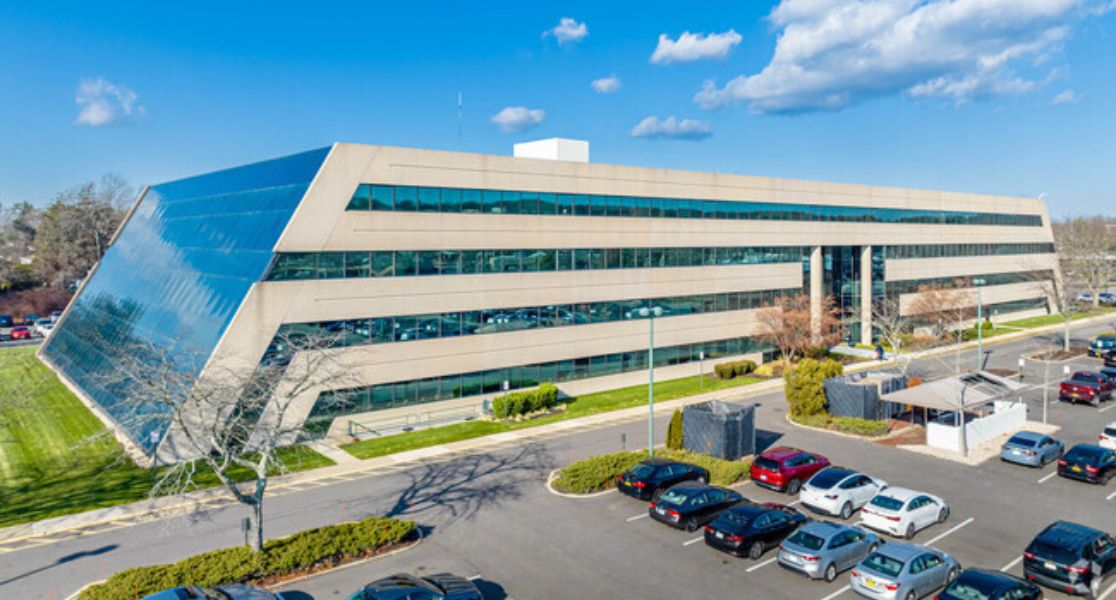 Shared space, specifically relating to office space, is something that we’ve discussed before here at American Investment Properties. Back in 2014, we crafted an article detailing shared space as a “new trend.” However, a trend is usually something that dies down after time and it looks like this concept is here to stay.
Shared space, specifically relating to office space, is something that we’ve discussed before here at American Investment Properties. Back in 2014, we crafted an article detailing shared space as a “new trend.” However, a trend is usually something that dies down after time and it looks like this concept is here to stay.
The Emergence of The “Sharing” Industry
A number of sharing services have popped up in recent years, from ride-sharing service Uber, to home-sharing service Airbnb. These shared services change the way people make decisions and act on those decisions. And as we know, the sharing trend has also influenced the commercial real estate industry, including how property owners market and lease their properties.
How Commercial Real Estate Is Incorporating Shared Space
Ths trend is actively shaping the commercial real estate market today. The sharing economy has created the need for common areas to be rich in amenities that encourage collaboration. Today, you’re more likely to see Wi-Fi enabled cafes, couches and whiteboards in these areas. These days, if a landlord is not in touch with these changes and not responding or upgrading their properties to accommodate these new needs, their value proposition is at risk.
Additionally, property owners are also becoming less conventional in how they lease. For example, in a retail situation, instead of a landlord leaving space vacant for a long period of time in hopes of getting a long-term lease, he may be more inclined to lease to a short-term tenant, such as a pop-up gallery or boutique.
Are Co-Work Spaces and Executive Suites a Permanent Trend?
Dedicated office spaces continue to shrink as more collaborative office layouts and open spaces take hold. Today, the average is about 176 square feet per worker, down from roughly 225 square feet in 2010. With the shared office movement building momentum for years, there are now various ways in which shared spaces have taken shape. Co-working centers and executive suites facilities that offer shared work spaces have become one of the hottest trends among tech startups, freelancers, and creative businesses seeking community and collaboration with like-minded entrepreneurs.
Executive Suites: A New Marketplace For Short-Term Work Spaces
These spaces continue to evolve and morph into new types of workplaces that create experience and community for users. Executive suites are fully furnished offices and other types of work spaces that are typically leased on a pay-as-you-go basis. They enable individuals or companies to occupy office space without signing a long-term lease, paying a security deposit, leasing equipment or contracting for telephone, Internet, and other services. For example, Marriott Hotels has a partnership with a company called LiquidSpace, which is a marketplace for short-term work spaces.
With LiquidSpace, traveling executives or entrepreneurs can book office space for meetings, retreats, or quick impromptu brainstorming sessions at a moment’s notice. The partnership lets Marriott rent out its existing conference spaces for short-term needs to fill time slots when the spaces might otherwise sit unused.
Co Working Offices Shaping The Future of Work Culture and Community
Co-working centers differ from executive suites in two important ways: culture and community. Co-working center members who rent plug-and-play communal space typically have similar interests, participate in educational opportunities, share ideas, and socialize during events such as happy hours to reinforce a sense of belonging.
A great example of a co-working center is WeWork. With nearly 640 locations in 111 cities around the world, WeWork leases big blocks of office space, then divides them into tiny sections to sublease to startups, entrepreneurs, and freelancers. The spaces offer amenities such as spacious common areas, private booths for phone calls, and other perks such as beer on tap.
It’s not long before we see other shared spaces popping up offering both budding and long-established businesses, a new approach to leasing office space.






